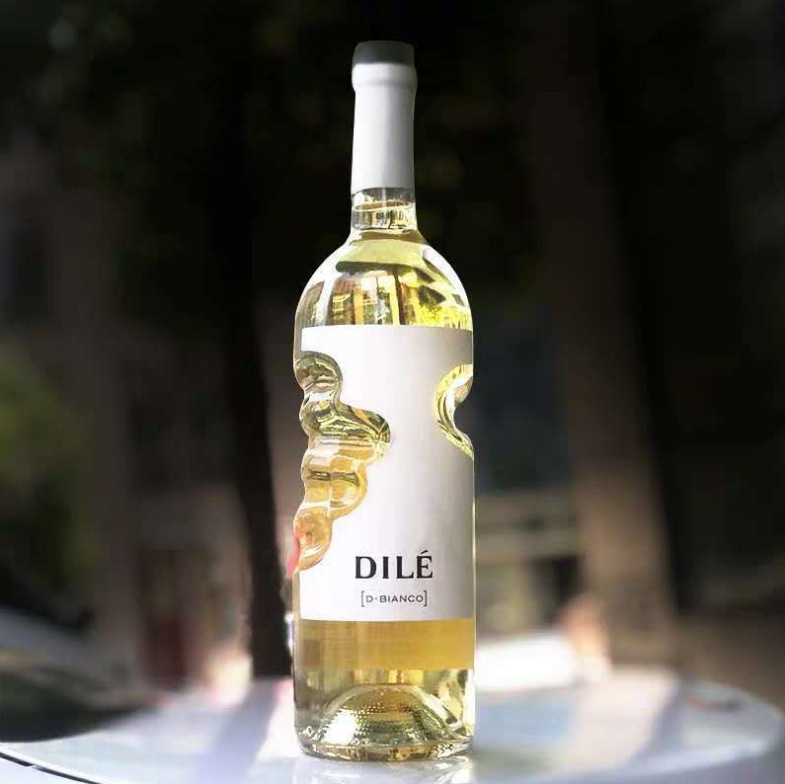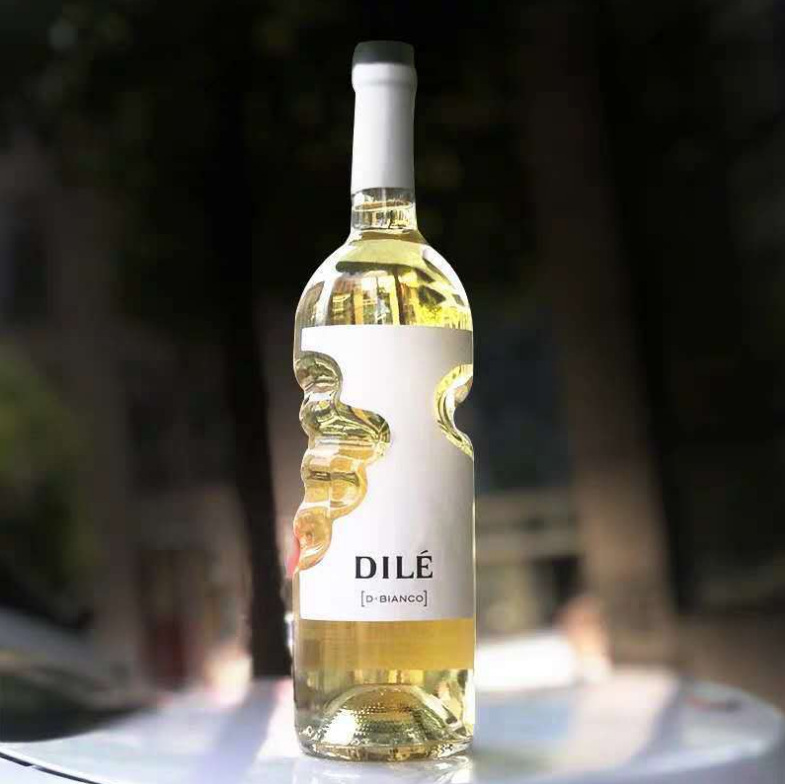Email cannot be empty
Password cannot be empty
Email format error
Email cannot be empty
Email already exists
6-20 characters(letters plus numbers only)
The password is inconsistent
Email format error
Email cannot be empty
Email does not exist
6-20 characters(letters plus numbers only)
The password is inconsistent


Material Preparation
In the realm of the 750-ml heavy-type wine glass bottle factory, the significance of choosing superior-quality glass materials cannot be overstated. These raw materials undergo meticulous processing and preparation to ensure the final product's clarity, durability, and aesthetic appeal. The composition and purity of the glass directly influence the bottle's transparency and strength, which are paramount for preserving wine quality and shelf life.
Melting Process
Leveraging advanced furnace technologies and precise temperature controls, the raw materials melt at elevated temperatures, transforming into a molten liquid state. This critical process ensures the uniformity and stability of the glass melt, laying a robust foundation for subsequent shaping processes.
Shaping Techniques
Shaping stands as a pivotal step in the production of 750-ml heavy-type wine bottles. Utilizing meticulously designed molds and cutting-edge shaping techniques, the molten glass is molded into bottles with specific shapes and dimensions. These molds not only ensure consistency but also impart unique design features that cater to the preferences of wine producers and consumers alike.

Manufacturing Process Monitoring
To ensure that each product from the 750-ml heavy-type wine glass bottle factory adheres to industry standards, stringent quality control measures are implemented. Critical checkpoints and procedures undergo meticulous monitoring and control throughout the manufacturing process, guaranteeing that each bottle meets the predefined quality benchmarks. This rigorous approach safeguards product integrity and customer satisfaction, reinforcing the factory's reputation for excellence.
Industry Standards and Certifications
Adherence to industry standards and quality certifications is paramount for the 750-ml heavy-type wine glass bottle factory. Collaborating with accredited certification bodies ensures product consistency, reliability, and compliance with international quality benchmarks. These certifications not only validate the factory's commitment to quality but also foster trust among stakeholders, including wine producers, distributors, and consumers.
Continuous Improvement
Embracing customer feedback and fostering a culture of continuous improvement are instrumental in sustaining the competitiveness of the 750-ml heavy-type wine glass bottle factory. Analyzing market trends, technological innovations, and consumer preferences enables manufacturers to refine manufacturing processes, enhance product performance, and capitalize on emerging opportunities. This proactive approach fosters innovation, drives operational excellence, and positions the factory for long-term success in a dynamic market landscape.
Sustainable Development Practices
Incorporating sustainable development practices into the 750-ml heavy-type wine glass bottle factory's manufacturing processes is crucial. By leveraging recycled glass and adopting energy-efficient technologies, manufacturers mitigate environmental impact, reduce production costs, and enhance operational efficiency. These sustainable practices align with global sustainability goals, promote resource conservation, and contribute to a more sustainable future for the industry and the planet.
Waste Management
Effective waste management is integral to ensuring the sustainable operation of the 750-ml heavy-type wine glass bottle factory. Implementing waste segregation, recycling initiatives, and circular economy strategies maximizes resource utilization, minimizes waste generation, and reduces the environmental footprint. Regular environmental impact assessments and proactive measures further enhance the factory's environmental performance, ensuring compliance with regulatory requirements and fostering a culture of environmental responsibility.
Factory Environmental Initiatives
Beyond compliance and operational efficiency, the 750-ml heavy-type wine glass bottle factory proactively pursues environmental initiatives to minimize its ecological footprint. This includes investing in renewable energy sources, optimizing water usage, reducing greenhouse gas emissions, and engaging in community sustainability initiatives. By prioritizing environmental stewardship, the factory demonstrates its commitment to sustainability, resilience, and responsible business practices.
In summary, the 750-ml heavy-type wine glass bottle factory's holistic approach to manufacturing processes, quality control, and environmental considerations underscores its commitment to excellence, sustainability, and customer satisfaction. By integrating advanced technologies, embracing continuous improvement, and prioritizing environmental stewardship, the factory navigates evolving market dynamics, meets regulatory requirements, and positions itself for long-term success in the competitive wine packaging industry. This multifaceted approach not only enhances product quality and operational efficiency but also fosters trust, loyalty, and collaboration among stakeholders, driving innovation and sustainable growth.